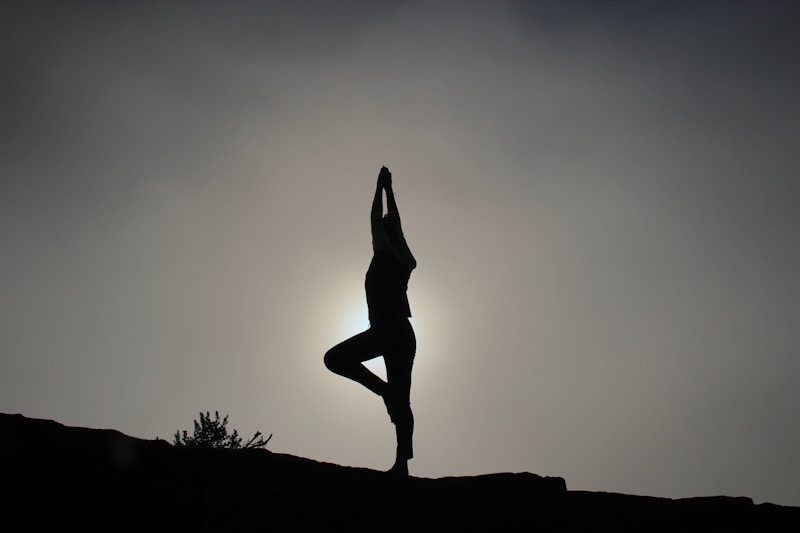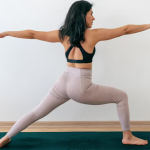New research from the University of Sydney suggests that yoga is just as dangerous as any other sport – but is that the whole picture?
Yoga has long been seen as the softer alternative to high intensity sports, but a new study from the University of Sydney suggests that yoga is more dangerous than we think.
The lead researcher, Associate Professor Evangelos Pappas, a qualified yoga teacher himself, stated that the research showed that, “On average yoga is as dangerous for injury as any other sport”. This shocking statement means that yoga is just as likely to injure you as rock-climbing, running or any other high impact sport.
The study, which took place in two yoga studios in New York, involved 354 students, who filled out a detailed questionnaire at recruitment, and then again after a year.
The findings showed that 1 in 10 of the students reported new musculoskeletal pain as a result of their yoga practice.
Just over 2 in 10 said that pre-existing injuries were made worse by yoga, in particular upper limb injuries, such as shoulder pain.
Pappas said of these findings, “Our study found that the incidence of pain caused by yoga is more than 10% per year, which is comparable to the rate of all sports injuries combined among the physically active population.”
Furthermore, of the 30% or so who reported increased levels of pain or injury from yoga, more than one third were serious enough to prevent yoga participation that lasted longer than 3 months.
These findings suggest that we need to re-classify yoga as a high risk sport. However, probing into the study a little further reveals that there is another way to interpret the study.
First of all, the average age of these 354 students was 45. While not being exactly geriatric, it is old enough for students to have age-related stiffness, which may well contribute to the higher rate of injury.
Also, some of the students ranged in experience from raw beginners to seasoned practitioners of 20 years. Within that range there is a great variation in the way these students would have approached their yoga practice. Pappas alludes to this point when he offered this advice to yoga students:
“I think it is important for people, especially those who start yoga, to find a teacher who understands the different injuries that they may have, who allows them to go out of positions, instead of dogmatically saying this is what you need to do next, and adjust positions based on the capabilities of each person.”
Also the reseach found that 74% of those surveyed reported that yoga relieved pain in the lower back and neck, which Pappas himself says highlights ‘the complex relationship between musculoskeletal pain and yoga practice.’
This complexity is further explained when Pappas expands on the findings, when he said, “There’s quite a variability in the quality of teaching”.
“We recommend that yoga teachers also discuss with their students the risks for injury if not practised conscientiously, and the potential for yoga to exacerbate some injuries.”
The NHS guidelines for those hoping to avoid injuring themselves during yoga backs this up:
‘It is perfectly safe if taught properly by people who understand it and have experience. Learning from a qualified yoga teacher and choosing a class appropriate for your level will ensure you remain injury-free.’
Backing this up is another recent study by the universities of Coventry and Radboud, which has found that mind-body interventions (MBIs) such as meditation and yoga can ‘reverse’ the molecular reactions in our DNA which cause ill-health and depression. The research reviews over a decade of studies – featuring 846 participants over 11 years – analysing how genetic behaviour is affected by different MBIs including mindfulness and yoga, and concluded that the changes at the molecular level can benefit both our mental and physical health.
And so we have it. The research shows that yoga is as dangerous as any other sport that isn’t taught responsibly, or practised mindfully.
For more on this topic see these articles:













